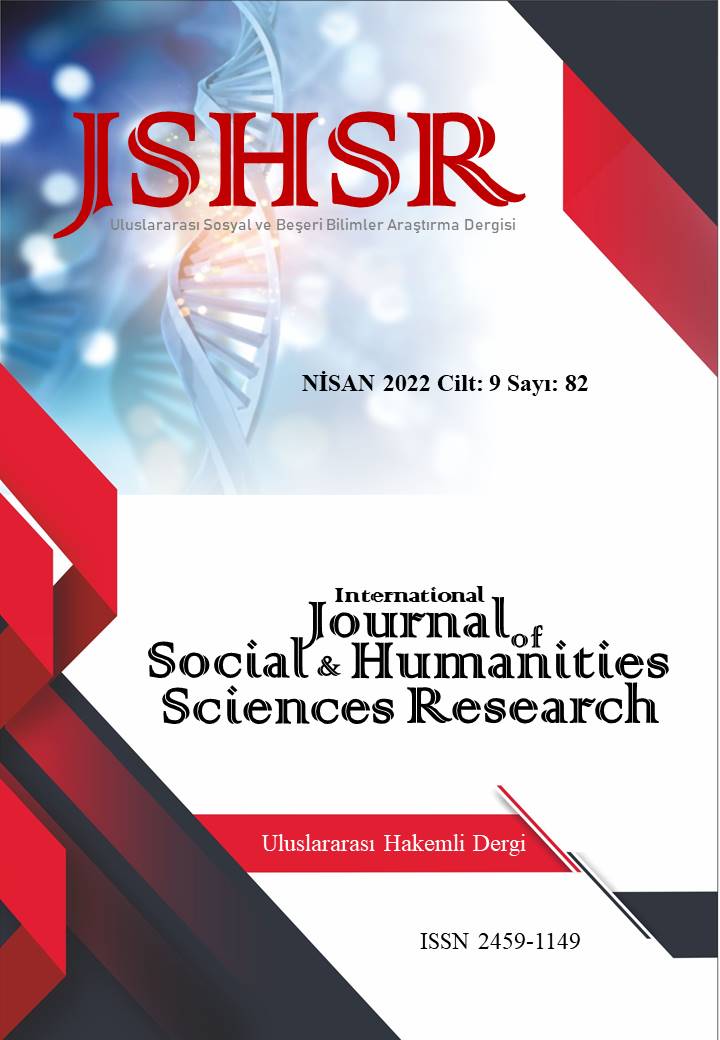EXAMINATION OF OHS PERCEPTION LEVELS OF HIGHER EDUCATION STUDENTS DEPENDING ON EDUCATIONAL LEVELS OF HIGHER EDUCATION IN THE FIELD OF MAP
DOI:
https://doi.org/10.26450/jshsr.3043Keywords:
Occupational Health and Safety, Map, Higher Education, Perception, UniversityAbstract
Providing a competent Occupational Health and Safety training to students studying in the field of mapping, creating awareness of occupational health and safety in students, and providing a sufficient level of occupational health and safety, which is weak in the field of maps, contributes positively. It is difficult to control and monitor field workers who are in the map area. They encounter many hazards and are exposed to risk factors during field surveys and construction works. It is possible to gain occupational health and safety culture and awareness by adding the occupational health and safety course as a compulsory course during associate and undergraduate education, as a long-term solution to protecting employees in the field of mapping against work accidents and occupational diseases. This study, it was aimed to examine the change in occupational health and safety perception levels of higher education students studying in the field of mapping in Samsun and Çorum provinces depending on their education levels. We found that 137 students who participated in the study were women and associate degree students, they chose their departments willingly, and they thought that they were inadequate in OHS. We determined that the occupational health and safety perception levels of the students increased due to the measures taken during the pandemic process and their occupational health and safety training. We determined that it did not depend on factors such as age, gender, education level, or class. According to the data obtained, we have determined that the perception of occupational health and safety in the field of cartography is low and that it is not given enough importance
Downloads
Published
How to Cite
Issue
Section
License
Copyright (c) 2022 INTERNATIONAL JOURNAL OF SOCIAL HUMANITIES SCIENCES RESEARCH

This work is licensed under a Creative Commons Attribution 4.0 International License.


